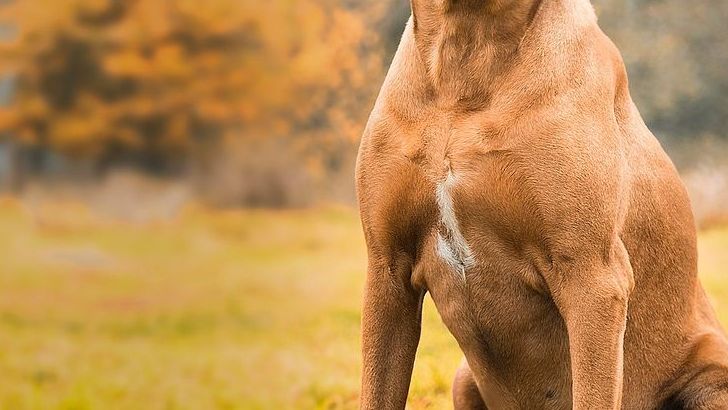Picture this: you’re sitting in your real estate agent’s office, keys to your dream home in hand, when suddenly they ask about your furry companion. Your heart sinks as you realize your beloved four-legged family member might actually be the reason you can’t get homeowners insurance. It sounds ridiculous, but it’s happening to thousands of dog owners across America every single day.
The harsh reality is that homeowners insurers paid $1.57 billion in liability claims related to dog bites in 2024, with the number of dog bite claims increasing to 22,658 in 2024, higher than the 19,062 claims recorded in 2023, marking an 18.9% increase. With such staggering numbers, it’s no wonder insurance companies are becoming increasingly selective about which dogs they’ll cover.
Pit Bulls: The Most Controversial Breed
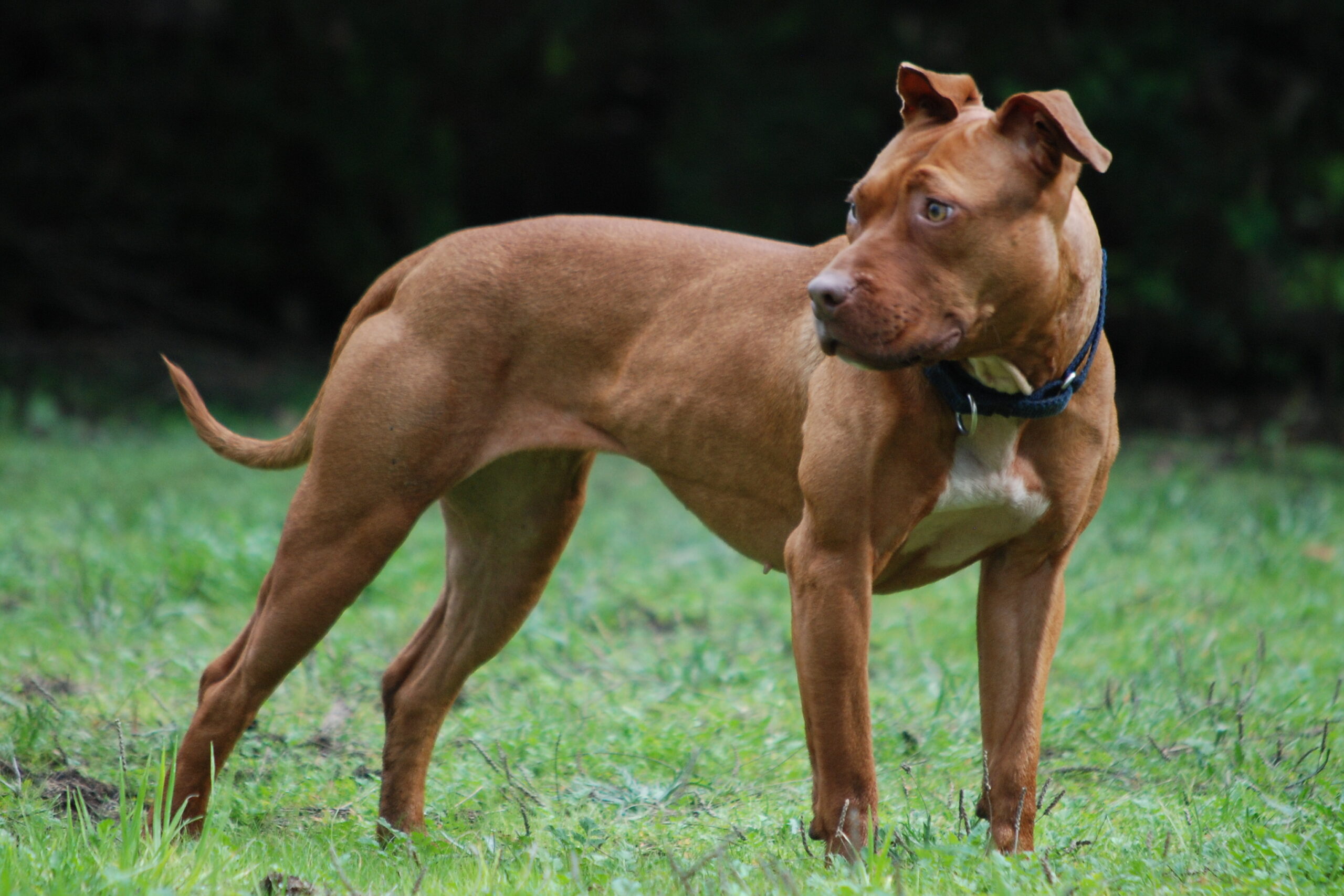
When it comes to insurance blacklists, pit bulls consistently top the charts as the most widely banned breed. Pit bull breeds and mixes and wolf hybrids are the most commonly banned breeds. It’s heartbreaking for owners who know their gentle giants personally, but insurance companies see the statistics differently.
The stigma surrounding pit bulls runs deeper than just bite statistics. Owners of pit bull-type dogs have long dealt with strong breed stigma. Many people believe pit bulls are way more aggressive than other dog breeds. This is because these dogs are more frequently identified in cases involving severe injuries or fatalities. But this may be due to the popularity of pit bulls.
Rottweilers: Loyal Guardians Turned Insurance Liability
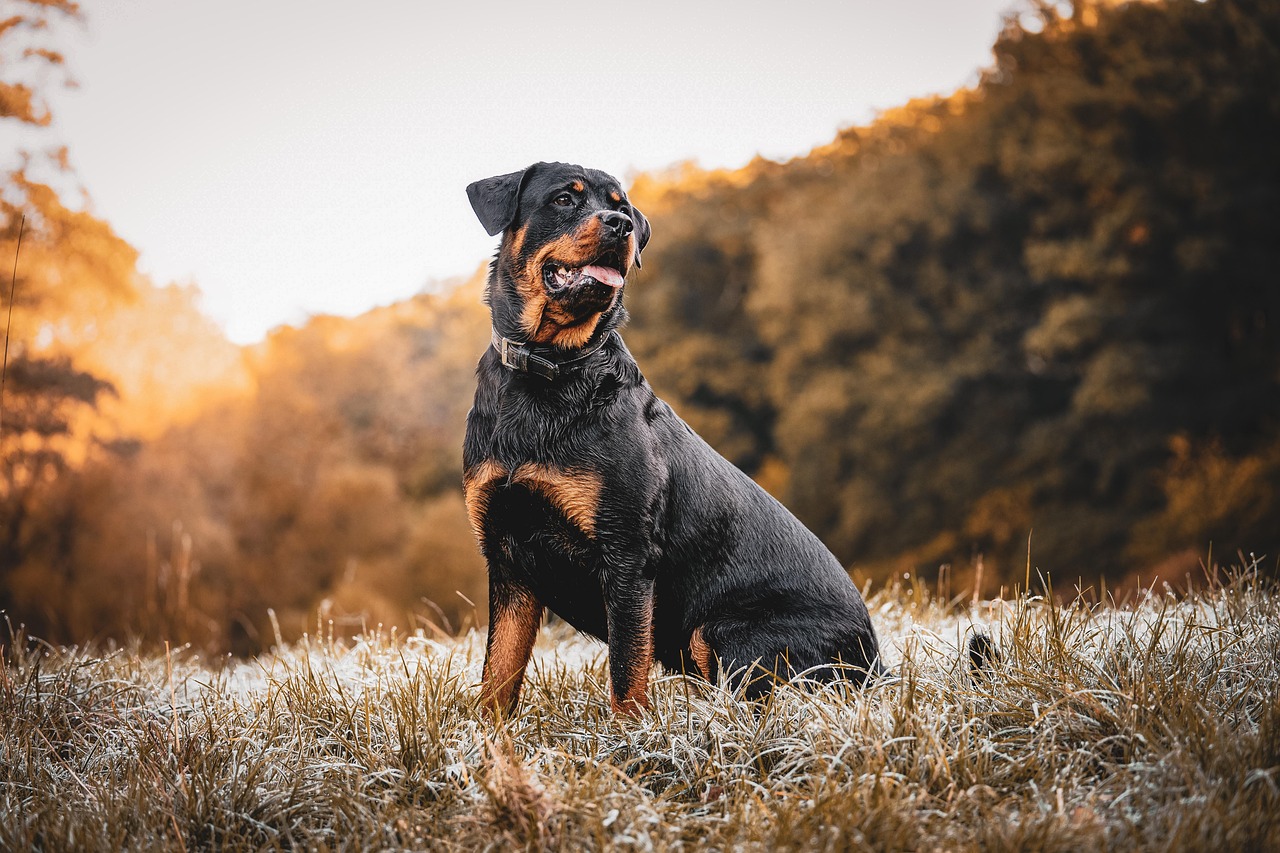
Rottweilers are another breed that consistently appears on insurance restriction lists. Rottweilers are medium-to-large sized dogs which were bred for herding and guarding. But they are also social dogs, which if neglected can turn aggressive. The exceptional strength of the Rottweiler makes them potentially dangerous. Their protective nature, while admirable to their families, makes insurers nervous about potential liability claims.
What’s particularly frustrating for Rottweiler owners is that these dogs are often incredibly well-behaved family pets. Rottweilers love their owners and may behave in a clownish manner toward family and friends, but they are also protective of their territory and do not welcome strangers until properly introduced. Therefore, obedience training and socialization are highly recommended.
German Shepherds: When Intelligence Becomes a Problem
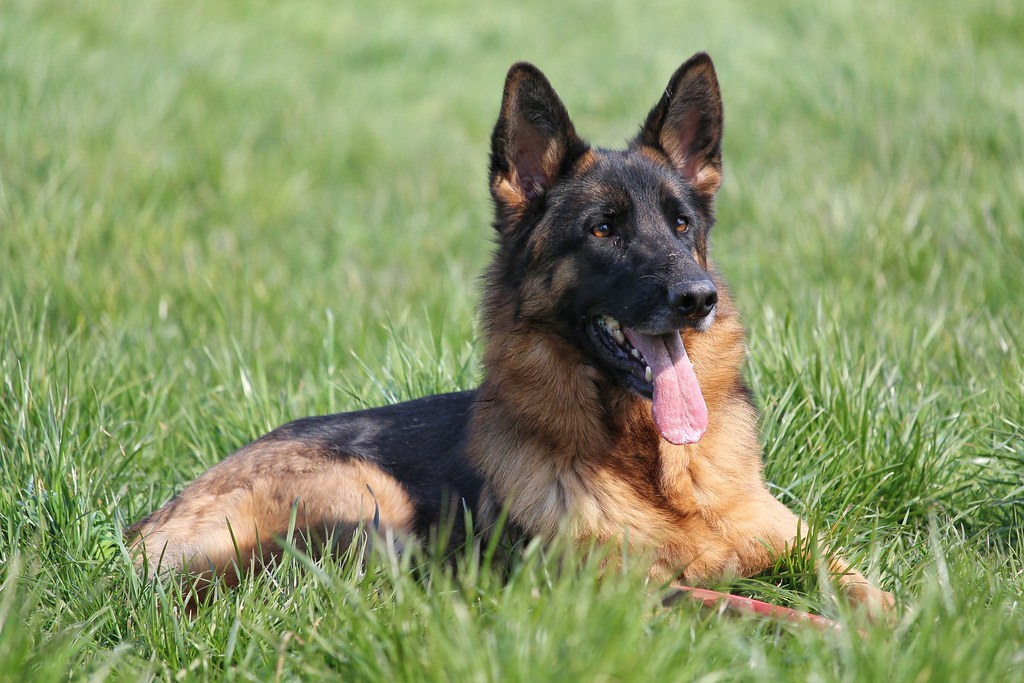
It might shock you to learn that German Shepherds, one of America’s most beloved breeds, frequently land on insurance blacklists. The German Shepherd dog breed has long been considered intelligent and loyal – there’s a reason this breed is often a member of police or military units. But for every day dog owners, their sense of loyalty, or rather their protective nature, can sometimes extend into aggressive tendencies.
The irony is that the very qualities that make German Shepherds excellent police and military dogs are the same ones that concern insurance companies. Their intelligence and protective instincts, while generally positive traits, can sometimes lead to incidents that result in costly claims.
Doberman Pinschers: Elegant Dogs with a Tough Reputation
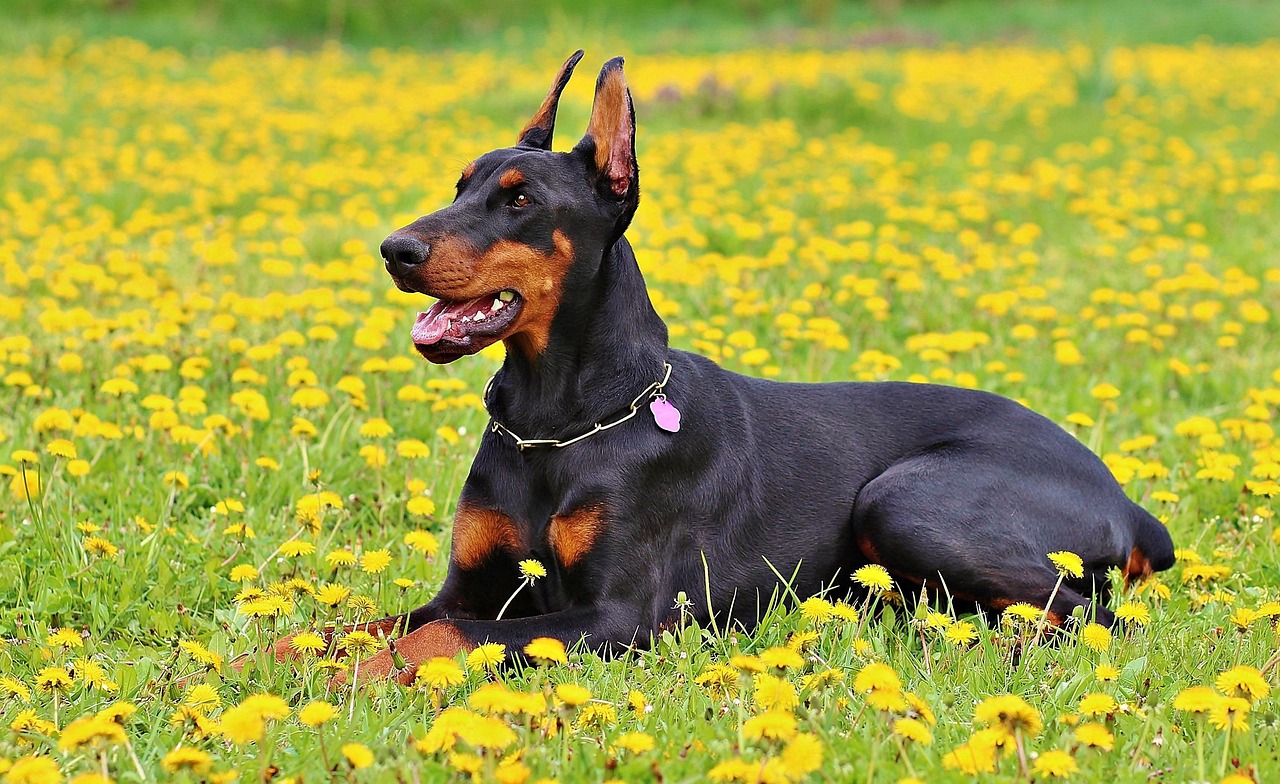
Doberman Pinschers, or Dobermanns, are known to be intelligent, alert and loyal companions. However, this aggression has been toned down by modern breeders over the years, and today’s Dobermanns are known to have a much more even and good-natured temperament, as well as extreme loyalty, high intelligence, and great trainability. Despite their improved temperament, many insurance companies remain skeptical.
The challenge for Doberman owners is overcoming decades of negative stereotypes. Still, owning a Dobermann requires a lot of commitment and care, which is why many insurance companies decide not not take the risk and refuse coverage for these breeds. It’s a classic case of reputation preceding reality.
Chow Chows: Fluffy Appearance, Big Insurance Problems

Don’t let their teddy bear-like appearance fool you – Chow Chows are another breed that insurance companies approach with caution. Big and fluffy, and reminiscent of a childhood teddy bear, Chow Chows are in reality aloof and independent dogs, but they do regularly form exceptionally strong bonds with their families. This independence can sometimes be misinterpreted as unpredictability by insurers.
Still, Chows are known to be easy-going in nature. Some owners have attributed a cat-like personality to the Chow Chow. However, owning a Chow Chow can raise the cost of your homeowners insurance because some companies consider them high-risk dogs. Their aloof nature might be charming to owners, but it raises red flags for insurance underwriters.
Akitas: Japanese Dignity Meets American Insurance Discrimination

Akitas, with their dignified bearing and loyal nature, might seem like unlikely candidates for insurance blacklists, yet they frequently appear on restricted breed lists. Dogs such as pit bulls, Rottweilers, Chows, Presa Canarios and Akitas are often on banned-dog lists by home insurance companies. Their size and strong-willed nature contribute to insurers’ concerns about potential incidents.
The challenge with Akitas is that they were originally bred as guard dogs in feudal Japan, and that protective instinct remains strong today. While this makes them excellent watchdogs, it also means they can be suspicious of strangers – a trait that doesn’t sit well with insurance risk assessors.
Wolf Hybrids: When Wild Meets Domestic Insurance Nightmares

If any breed deserves to be on insurance blacklists, wolf hybrids might be the most understandable inclusion. Wolf hybrids are the only dogs that Amica is absolutely not willing to consider for coverage. The unpredictable nature of these animals, combined with their wild genetics, makes them a liability that most insurers simply won’t touch.
The reality is that wolf hybrids require specialized care and handling that most pet owners aren’t equipped to provide. Their wild instincts can surface unexpectedly, creating situations that could result in serious injuries and massive insurance payouts. For most companies, it’s simply not worth the risk.
Alaskan Malamutes: Arctic Workers Facing Modern Prejudice
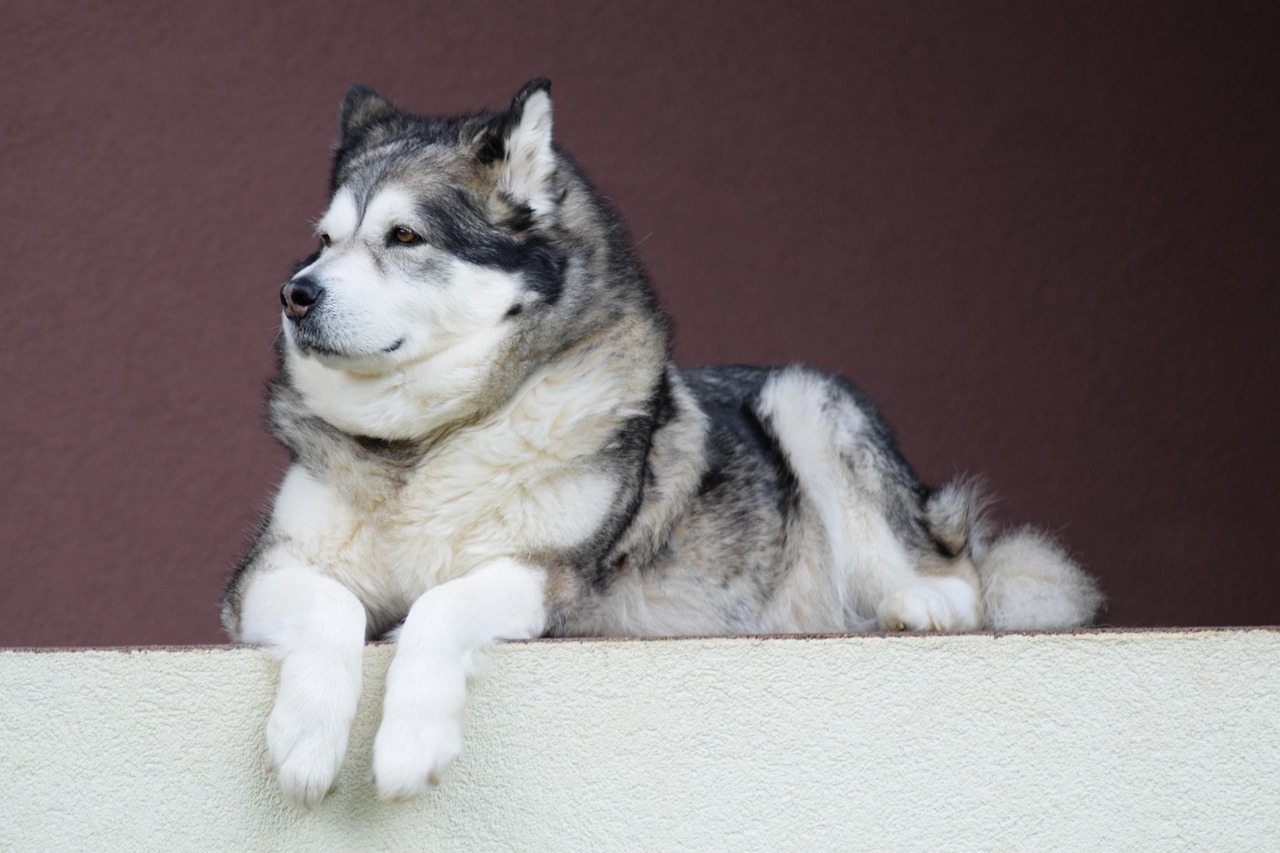
Alaskan Malamutes, bred for hauling heavy sleds across frozen tundra, now face discrimination in suburban neighborhoods. However, the following dog breeds are most commonly restricted: Akita, Alaskan malamute, Chow Chow, Doberman pinscher, German shepherd, Husky, Mastiff, Pit bull, Presa Canario, or canary dog, Rottweiler, Wolf hybrid. Their powerful build and high energy levels can be intimidating to insurers unfamiliar with the breed.
These dogs were designed to work in harsh conditions and have the strength and endurance to match. Unfortunately, insurance companies often view this strength as a potential liability rather than recognizing the gentle nature most Malamutes display with proper training and socialization.
Siberian Huskies: Beautiful Eyes, Problematic Policies
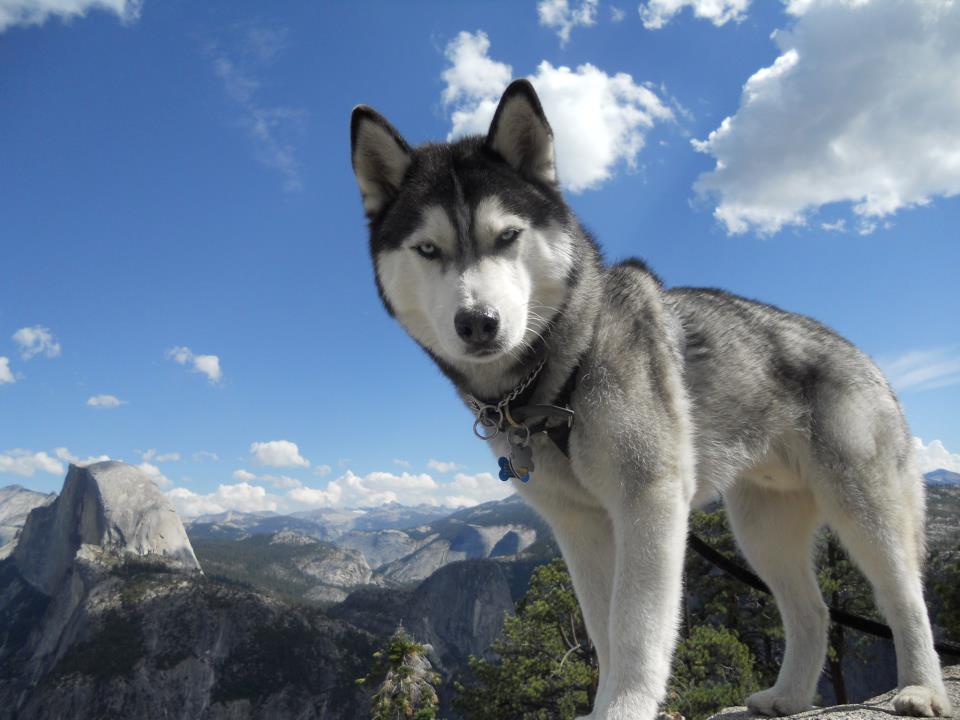
Siberian Huskies, with their striking blue eyes and wolf-like appearance, often get lumped together with more restrictive breeds. Doberman pinscher, Pit bull terrier, Rottweiler, Chow chow, Wolf dogs and hybrids, Presa Canario (Canary Dog) Akita, German shepherd, Mastiff, Alaskan malamute, Bullmastiff, Staffordshire bull terrier, Great Dane, Siberian husky appear on many insurance companies’ restricted lists.
The challenge with Huskies is their high energy level and escape artist tendencies. While they’re generally friendly dogs, their ability to jump fences and their strong prey drive can lead to situations that result in insurance claims – something that doesn’t escape the notice of underwriters.
Mastiffs: Gentle Giants with Giant Insurance Problems
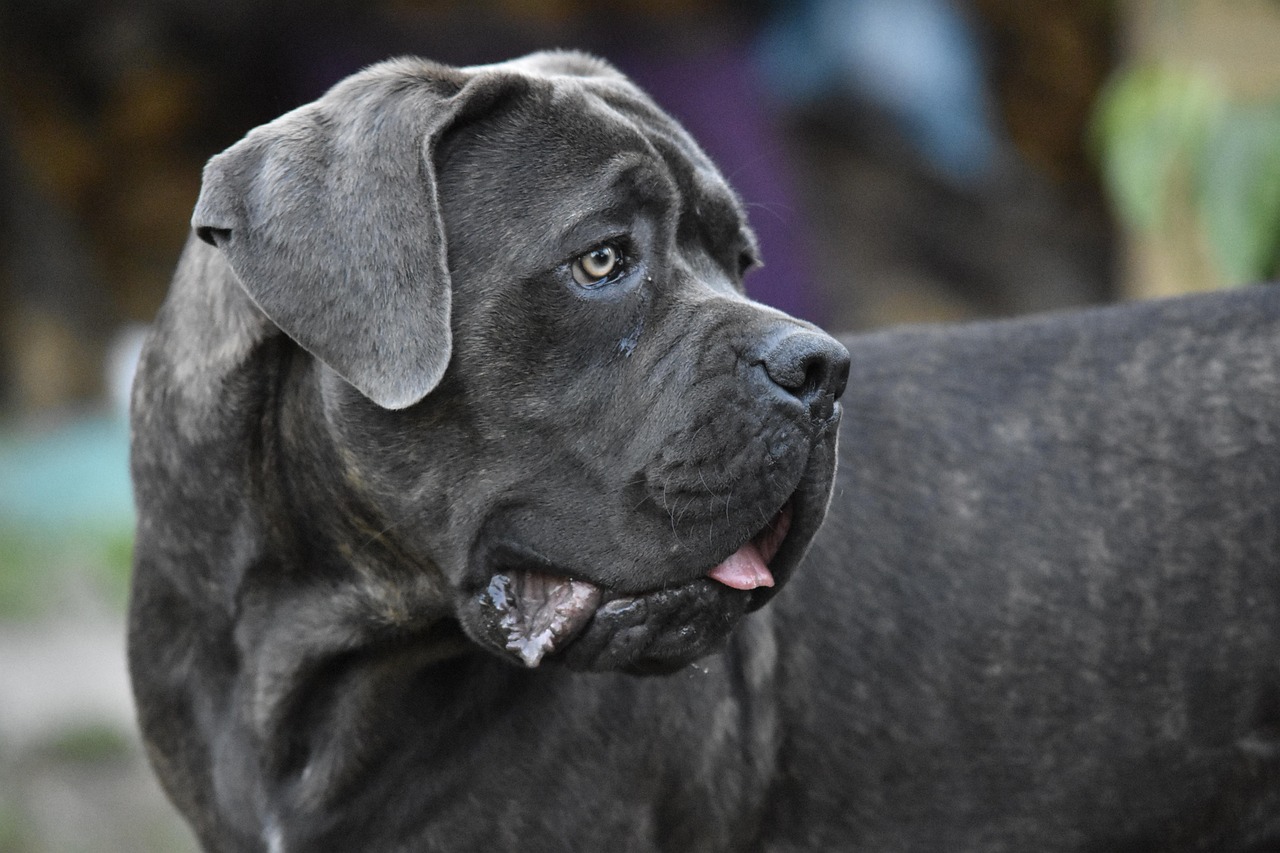
Mastiffs are often called gentle giants, but their massive size alone is enough to put them on insurance blacklists. When a dog weighs over 200 pounds, even playful behavior can result in serious injuries. Insurance companies understand that the larger the dog, the greater the potential for costly claims, regardless of temperament.
The unfortunate reality is that Mastiffs are typically calm, loving family dogs who are great with children. However, their sheer size means that if an incident does occur, the damage could be substantial. From an insurance perspective, it’s a simple matter of physics – bigger dogs can cause bigger problems.
Staffordshire Terriers: Guilt by Association
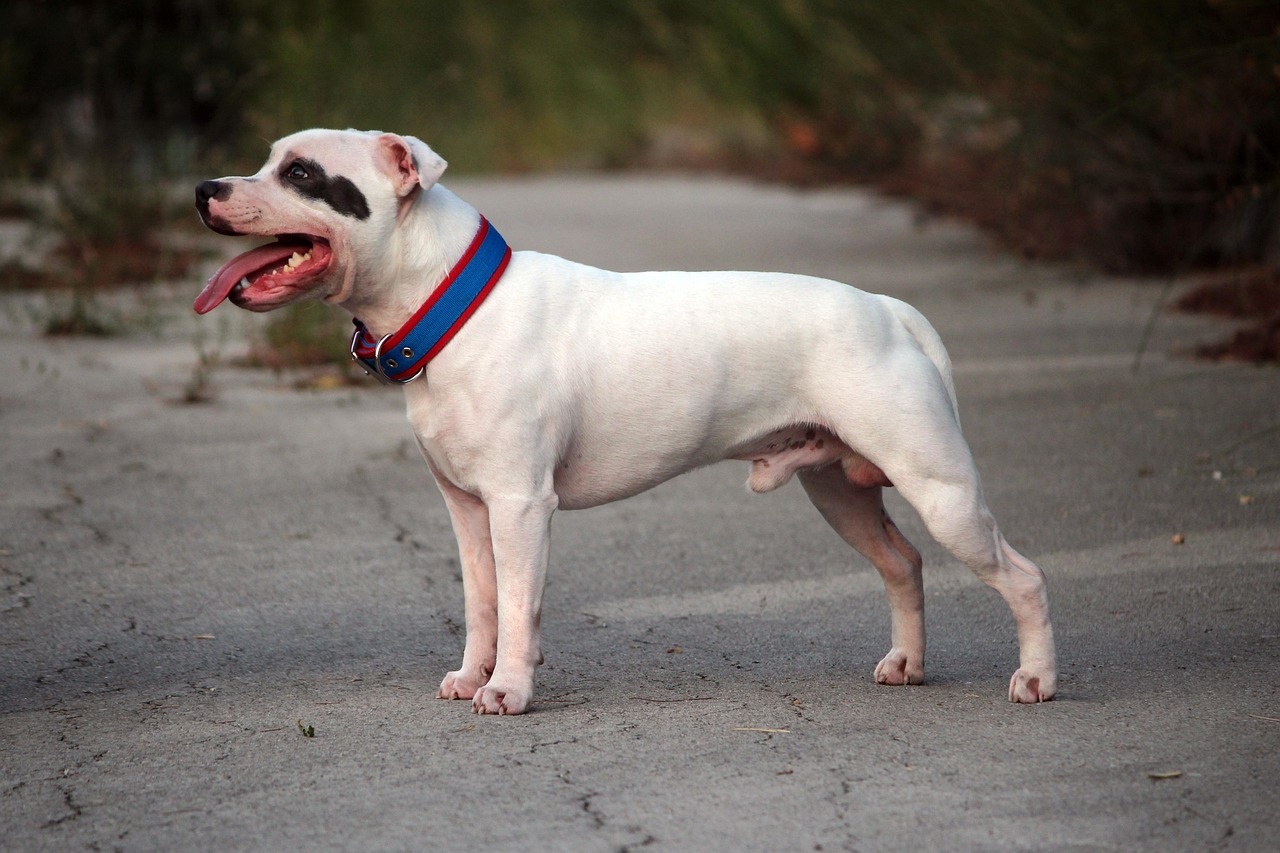
Staffordshire Terriers is a medium-sized, short-coated dog that is considered to be within the pit bull-type, and therefore has a reputation of aggressiveness. Staffordshires are known to fight when challenged, especially when encountering stranger dogs. This breed is also considered by many to be headstrong and stubborn, which worsens their aggression. Their association with pit bull-type breeds often seals their fate with insurance companies.
What’s particularly unfair is that many experts have found that Staffies can be great dogs if they have a great owner, who introduces proper socialization for the dog from a young age. RSPCA chief vet Mark Evans said: “Our experience suggests that problems occur when bad owners exploit the Staffie’s desire to please by training them to show aggression.” Because of this, many insurance companies will not cover a liability incident that involves a Staffie.
Bull Terriers: Distinctive Looks, Discriminatory Treatment

Bull Terriers are instantly identifiable to dog lovers. They have a unique appearance with a sloping head and narrow angled eyes; some may recognize this breed as a popular retailer’s mascot. While they are recognizable due to their looks, they also exhibit the recognizable traits of tenacity and a strong will. Bull Terriers often form strong bonds with their families, but may cause concern with insurance companies due to their determined nature.
The irony is that Bull Terriers are often comedic, playful dogs that bring joy to their families. Their distinctive appearance and strong personality make them memorable pets, but these same traits can work against them when insurance companies are evaluating risk factors.
Great Danes: When Size Trumps Temperament

The Great Dane is a German breed known for its giant size. Their large and imposing appearance goes in contrast with their friendly nature. They are known for loving affection from their owners, and are often referred to as a “gentle giants”. However, if not properly socialized, a Great Dane may become fearful or aggressive toward strangers. This is why insurance providers have placed Great Danes on their lists of aggressive dogs.
The challenge with Great Danes is purely about physics and perception. One of the larger dog breeds, Great Danes are known for their gentleness and friendly nature. However, due to their giant size, they can cause damage if an incident does occur. Because of their size alone, insurance companies could consider them a higher risk dog breed. Even accidental injuries can be severe when caused by a 150-pound dog.
Presa Canarios: Rare Breed, Major Insurance Issues
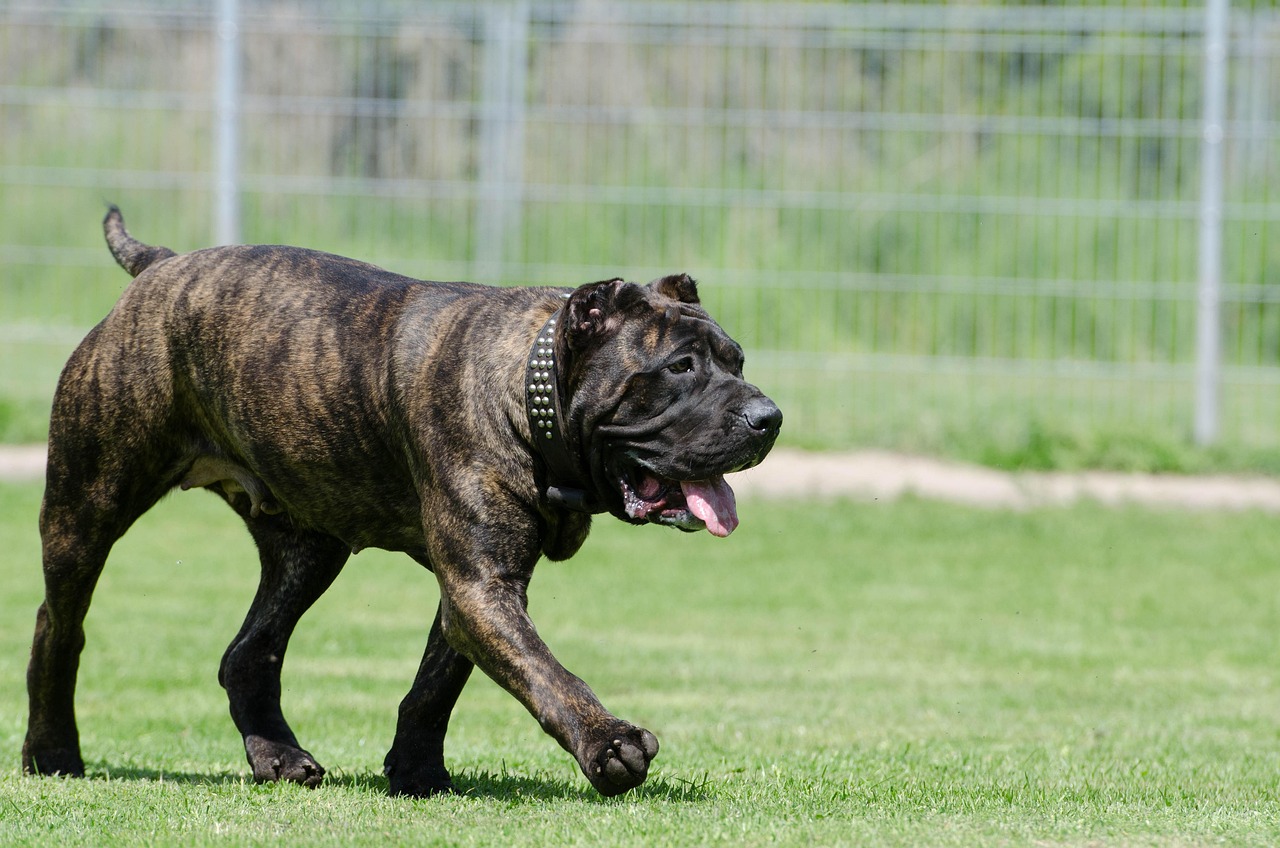
Presa Canarios, also known as Canary Dogs, are a rare breed that consistently appears on insurance blacklists. Dogs such as pit bulls, Rottweilers, Chows, Presa Canarios and Akitas are often on banned-dog lists by home insurance companies. Originally bred in the Canary Islands for working with livestock, these powerful dogs have a strong protective instinct that concerns insurers.
The rarity of the breed works against owners in some ways, as insurance adjusters may not be familiar with their typical temperament and default to erring on the side of caution. Their impressive size and strength, combined with their guard dog heritage, make them a breed that most insurance companies prefer to avoid altogether.
American Bulldogs: All-American Dogs with Insurance Problems
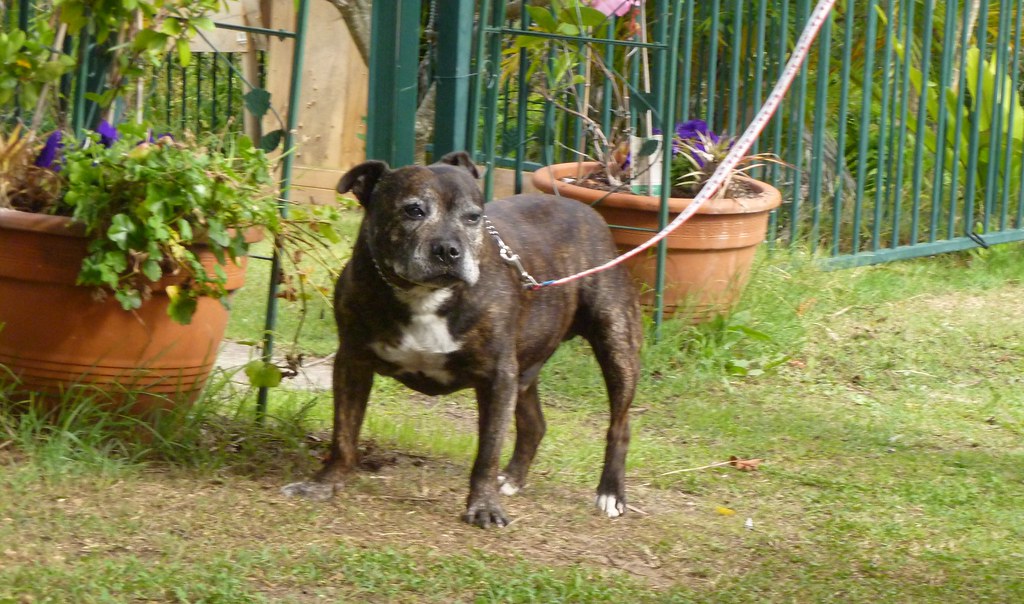
These vary by insurer, but often include the following breeds: Pit bulls, Rottweilers, German shepherds, Mixed-breed dogs, American bulldogs. If you own a dog that’s on an insurance company’s aggressive breed list, the insurer will likely include a clause in the policy that excludes your pet from coverage. American Bulldogs often get caught up in the general suspicion surrounding bulldogs and bully breeds.
American Bulldogs are typically confident, social dogs that form strong bonds with their families. However, their muscular build and determined personality can be misinterpreted by insurance companies who lump them together with more problematic breeds. It’s another case where appearance and stereotypes override individual temperament.
Mixed Breeds: When Heritage Creates Havoc
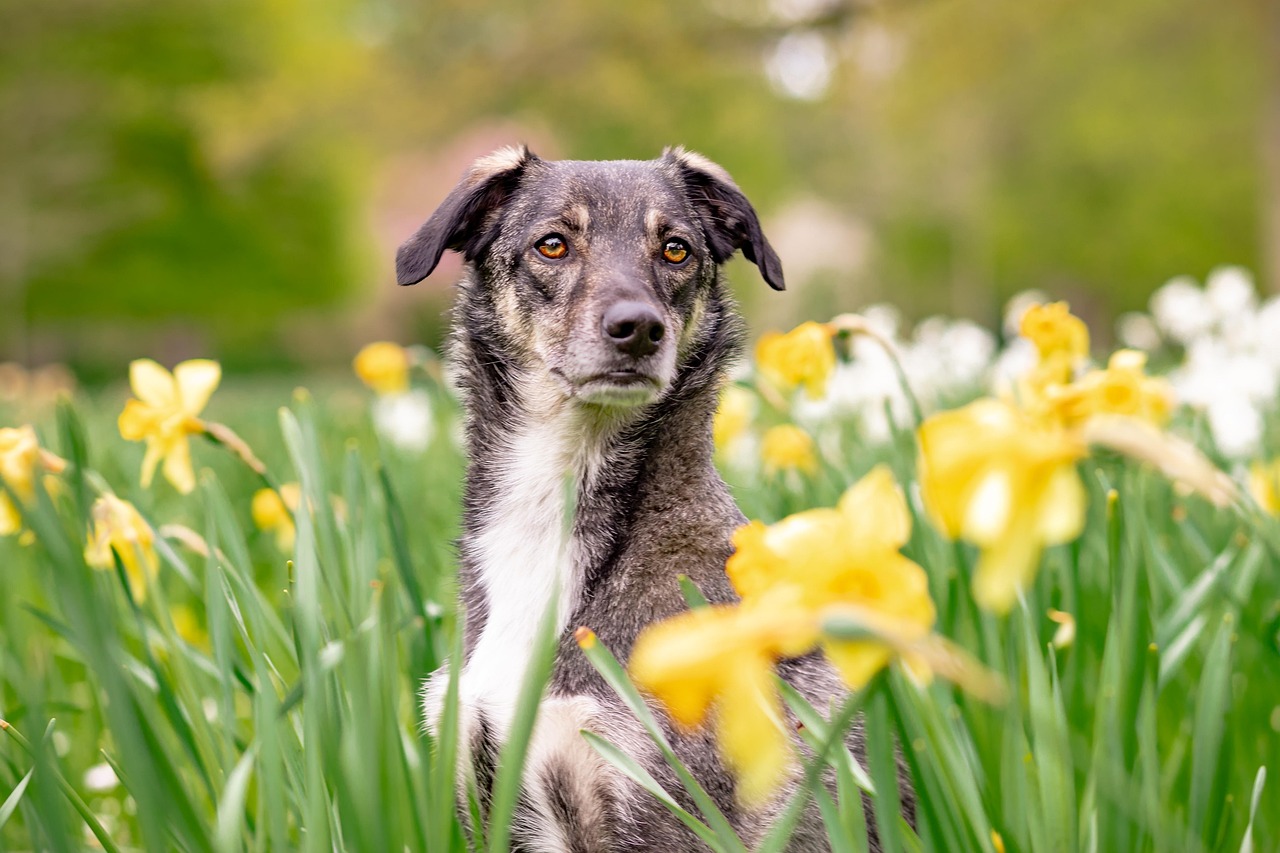
Perhaps most frustrating of all is when mixed breed dogs get caught up in insurance restrictions. This also includes mixed breed dogs, like a German shepherd mix, for example. Even a small percentage of a restricted breed can be enough for an insurance company to deny coverage or exclude the dog from a policy.
The challenge with mixed breeds is that insurance companies often err on the side of caution. If your rescue dog has any visible characteristics of a restricted breed, you might find yourself fighting for coverage. DNA tests have become increasingly popular among dog owners trying to prove their pet doesn’t carry genes from blacklisted breeds.
Bullmastiffs: Gentle Nature vs. Intimidating Appearance

Bullmastiffs were originally bred to be estate guardians, combining the strength of a Mastiff with the tenacity of a Bulldog. Doberman pinscher, Pit bull terrier, Rottweiler, Chow chow, Wolf dogs and hybrids, Presa Canario (Canary Dog) Akita, German shepherd, Mastiff, Alaskan malamute, Bullmastiff, Staffordshire bull terrier, Great Dane, Siberian husky frequently appear on insurance restriction lists.
Despite their intimidating appearance, Bullmastiffs are typically calm, gentle dogs that are excellent with children. However, their size and guard dog heritage make insurance companies nervous. The reality is that a well-socialized Bullmastiff is more likely to lean on you for attention than cause any problems, but convincing an insurance underwriter of this can be challenging.
Rhodesian Ridgebacks: African Hunters in American Suburbia
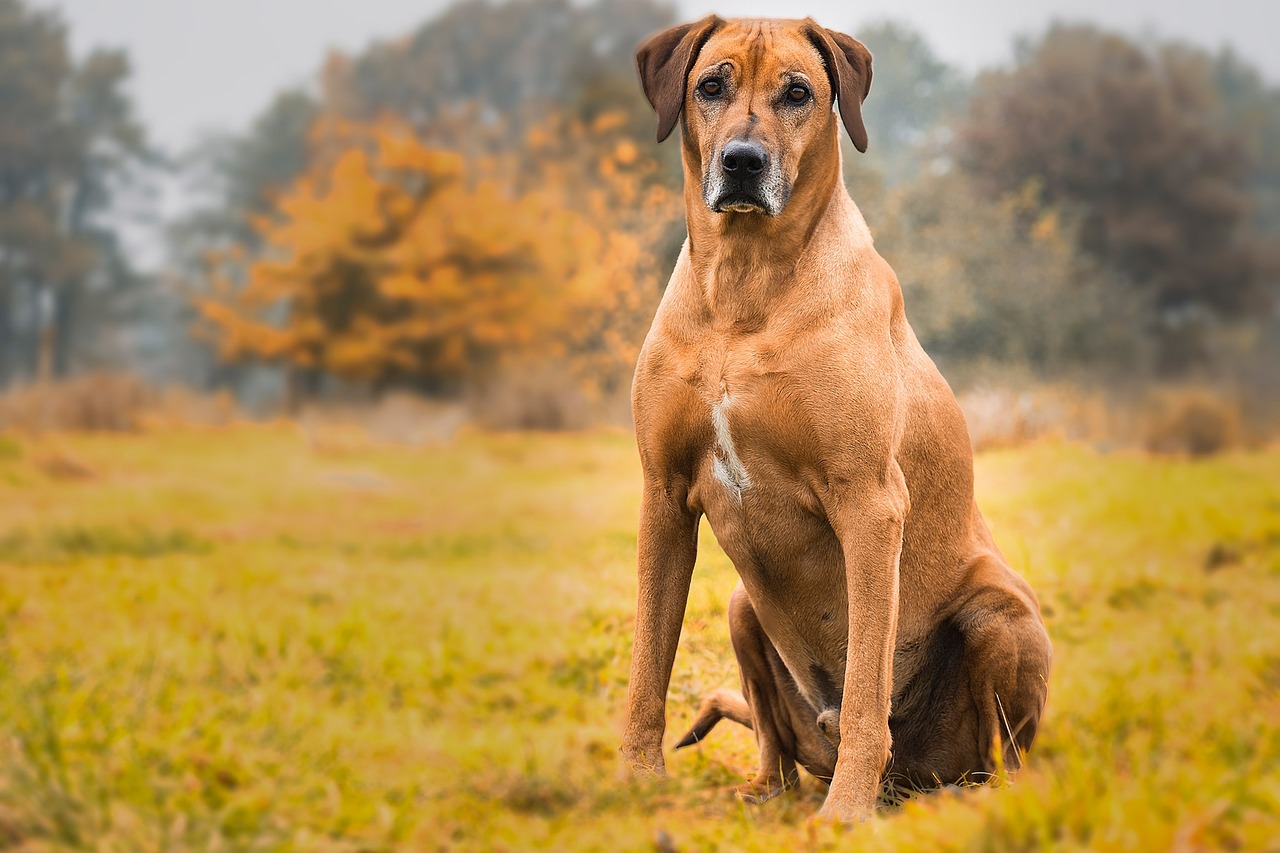
Rhodesian Ridgebacks were originally bred in Africa to hunt lions, which gives insurance companies pause when considering coverage. Pit Bulls & Rottweilers (No full-bred or mix) Akita – including Japanese and Akita Inu Bernese – including Mountain Dog, Berner Sennenhund and Bernese Cattle Dog Canary Dogs – including Perro de Presa Canario, Chow Chow, Doberman, Husky – including American, Eskimo, and Greenland (Siberian is OK), Karelian Bear Dog, Rhodesian Ridgeback Russo, European Laika – including Russian Laika and Karelian Bear Laika often appear on comprehensive restriction lists.
These elegant, athletic dogs are typically gentle with their families but can be reserved with strangers. Their hunting background and strong prey drive can lead to situations that concern insurance companies, even though they’re generally well-behaved house pets when properly exercised and socialized.
Karelian Bear Dogs: Specialized Hunters, Insurance Nightmares
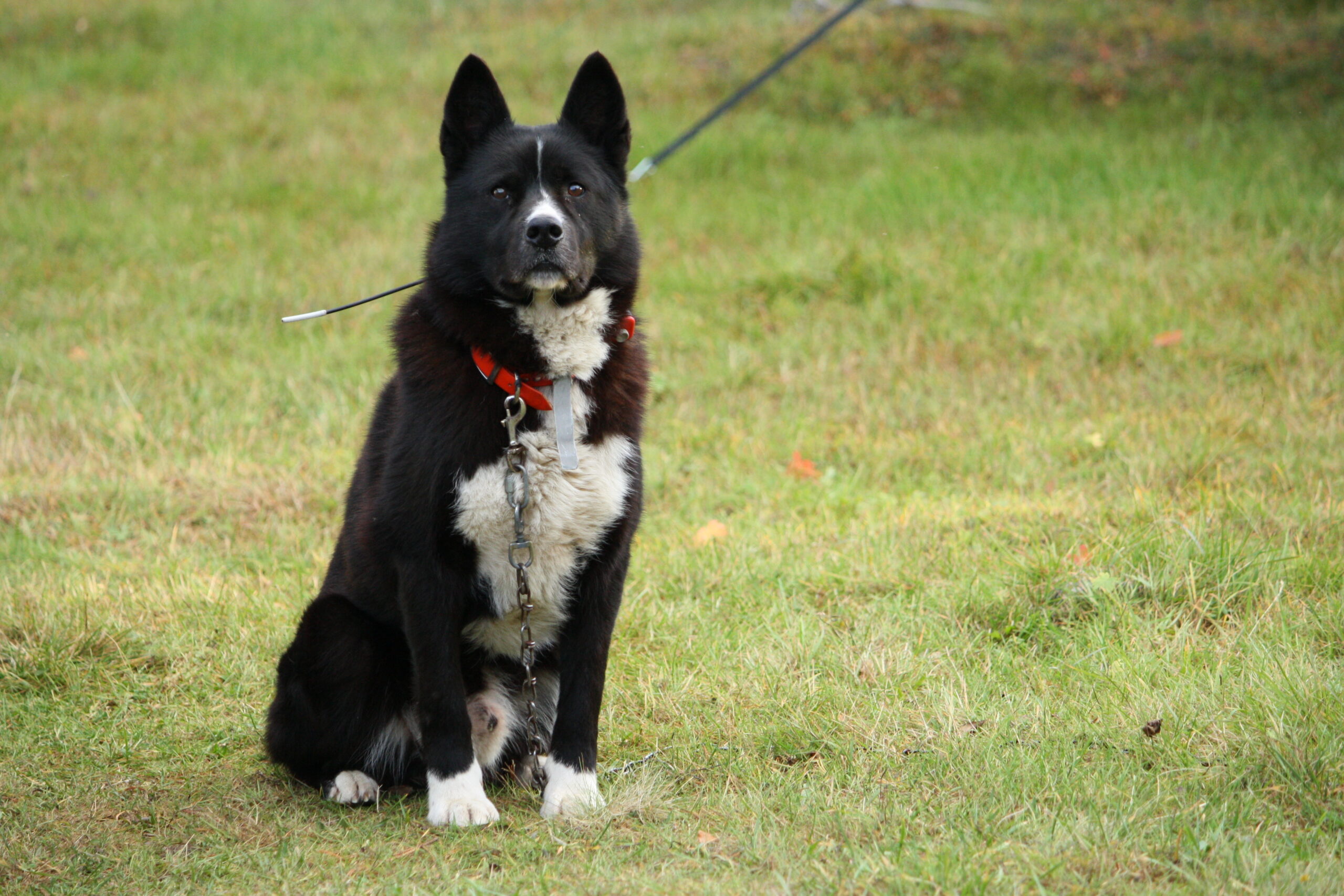
Karelian Bear Dogs are a rare Finnish breed originally used for hunting large game, including bears. Karelian Bear Dog, Rhodesian Ridgeback Russo, European Laika – including Russian Laika and Karelian Bear Laika appear on some of the most comprehensive insurance restriction lists. Their specialized hunting background makes them a breed that most insurers prefer to avoid.
The challenge with these dogs is that they were bred for courage and tenacity when facing dangerous prey. While they can make excellent family companions with proper training, their fearless nature and strong hunting instincts create scenarios that insurance companies find too risky to cover.
Any Dog with Bite History: Past Behavior Predicts Future Risk

Perhaps more important than breed is a dog’s individual history. Along with breed restrictions, some insurers also won’t cover dogs with a history of biting or damaging property. If your pup has a history of biting, it may be excluded from your policy or you may need to sign a liability waiver for dog bites. This means your insurer won’t cover any medical or legal bills that ensue from your dog biting someone on your property.
This makes perfect sense from an insurance perspective – past behavior is often the best predictor of future behavior. Many insurance companies will immediately refuse to cover homeowners with dogs that have a history of aggression. Once a dog has bitten someone, regardless of breed, insurers become extremely cautious about providing coverage.
Fighting Back: Options for Owners of Restricted Breeds

Don’t despair if your beloved companion appears on insurance blacklists. Some companies with flexible dog breed policies include Allstate, American Family, Liberty Mutual, Nationwide, State Farm, and USAA. Contact these companies and ask for quotes to see which one offers you the lowest price. There are still options available for responsible dog owners.
State Farm does not consider dog breed at all when you get a quote for home insurance. In addition to State Farm, other insurance companies that provide insurance to dog owners regardless of breed include USAA and Chubb. Some companies are beginning to recognize that breed alone isn’t a reliable predictor of behavior and are adjusting their policies accordingly.
Conclusion

The insurance industry’s approach to dog breeds reflects a complex intersection of statistics, liability concerns, and unfortunately, sometimes outdated stereotypes. Insurance companies impose restrictions on certain dog breeds based on historical data and the likelihood of an incident taking place. When a breed has a propensity to be involved in incidents, insurers may choose to restrict coverage, or alternatively, increase premiums to mitigate financial liability in dog-related incidents; the average cost per claim of a dog-related incident increased by 31.7% in 2022 to $64,555 from $49,025 in 2021.
While these restrictions can be frustrating for dog owners who know their pets are gentle, loving family members, the reality is that insurance companies are businesses that must manage risk. The key for dog owners is to shop around, consider companies that focus on individual behavior rather than breed, and maintain comprehensive training and socialization for their pets. Remember, the love and joy these breeds bring to families far outweigh the challenges of finding insurance coverage – you just need to know where to look.
Were you surprised by how many beloved family breeds made this list?
- 11 Bizarre Things Hummingbirds Secretly Love (But Most Gardeners Ignore) - August 20, 2025
- 25 Habits That Secretly Shorten Your Life - August 20, 2025
- 21 Dog Breeds Insurance Companies Don’t Want to Cover - August 20, 2025

